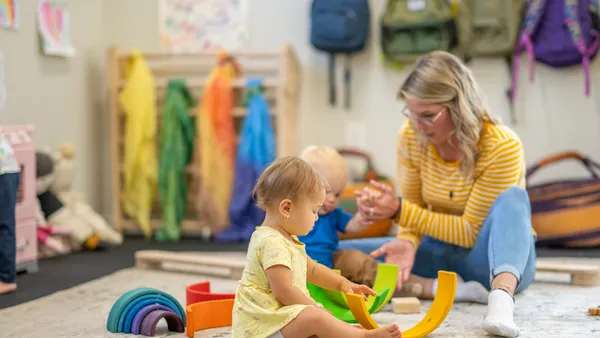Dive Brief:
- Want students to avoid alcohol and be mentally and emotionally healthy? Get them involved in volunteering and civic life. That’s what researchers at three universities concluded after examining the impact of civic involvement on outcomes such as educational attainment, later income and mental and physical health.
- Analyzing a sample of almost 9,500 18 to 26 year olds from the National Longitudinal Study of Adolescent to Adult Health, the researchers at Wake Forest School of Medicine, Fordham University and the University of Massachusetts, Amherst found that voting, volunteerism and activism were all associated with higher income and education levels.
- Activism, however, was linked to more risky behaviors in adulthood, such as substance use, which Lindsey Till Hoyt, assistant professor of psychology at Fordham University, suggests might be due to young people’s frustration if their efforts to advocate for or against something don't seem successful.
Dive Insight:
Calls for increasing the emphasis on civics education in the classroom have expanded in recent years, particularly since the 2016 presidential campaign. But this study suggests that the benefits of civic and community involvement go well beyond raising the next generation of informed voters.
Volunteering can make youth aware of needs and societal problems that they might not experience otherwise, but whether they are fulfilling a service learning requirement or taking the initiative on their own to help others in the community, researchers suggest that youth want to understand the larger context of who they are trying to help and why.
For most school leaders, there is no shortage of local organizations that would be happy to have the support of students, but these partnerships require regular communication and someone to oversee what the students will be doing and how it connects to their learning.












